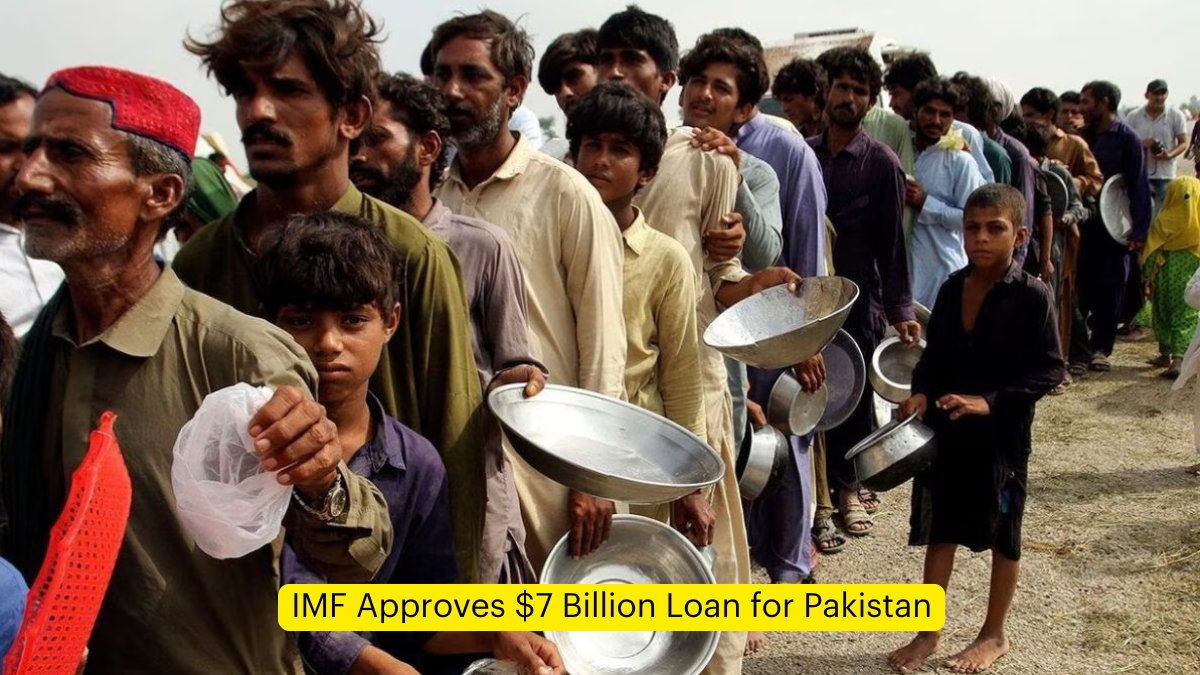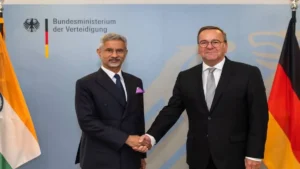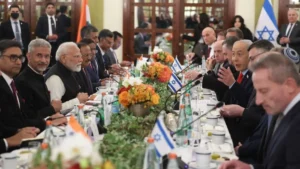The International Monetary Fund (IMF) has taken a significant step to support Pakistan’s struggling economy by approving a new $7 billion loan. This decision, announced on Wednesday, comes more than two months after initial negotiations between the IMF and Pakistani authorities reached a staff-level agreement.
Key Features of the Loan:
- Total Amount: $7 billion
- Disbursement Period: 37 months
- Initial Disbursement: Approximately $1 billion
The primary objective of this financial package is to revitalize Pakistan’s ailing economy, addressing critical areas of concern and promoting sustainable growth.
Political Response and Gratitude
Prime Minister Shehbaz Sharif expressed his appreciation for the deal, which his team had been negotiating with the IMF since June. In a public statement, he extended his thanks to Kristalina Georgieva, the head of the IMF, and her team for approving the loan.
IMF’s Assessment of Pakistan’s Economy
The global lender provided a nuanced evaluation of Pakistan’s economic situation, highlighting both progress and persistent challenges.
Positive Developments:
- Economic Rebound: Growth has shown signs of recovery
- Inflation Control: Inflation rates have decreased to single digits
- Foreign Exchange Stability: A calm foreign exchange market has allowed for the rebuilding of reserve buffers
Areas of Concern:
Despite these improvements, the IMF emphasized that Pakistan’s vulnerabilities and structural challenges remain formidable. Key issues identified include:
- Difficult Business Environment: Hindering investment and economic growth
- Weak Governance: Impacting overall economic stability
- Outsized Role of the State: Potentially stifling private sector development
- Narrow Tax Base: Limiting government revenue and fiscal flexibility
Critical Socio-Economic Challenges
The IMF highlighted several critical areas requiring urgent attention:
- Insufficient Social Spending: Expenditure on health and education remains inadequate to address persistent poverty
- Infrastructure Deficit: Lack of investment in infrastructure has:
- Limited Pakistan’s economic potential
- Increased vulnerability to climate change impacts
Historical Context and Future Outlook
Pakistan’s reliance on IMF loans has been a long-standing feature of its economic landscape. For decades, the country has turned to the IMF to meet its financial needs, highlighting the persistent nature of its economic challenges.
International Support and Cooperation
Prime Minister Sharif acknowledged the role of international partners in facilitating the IMF deal. He specifically thanked China and other friendly countries for their support in securing this crucial financial agreement.
Timeline of the Agreement
- June 2023: Initial negotiations between Pakistan and the IMF begin
- Two months prior to approval: Staff-level agreement reached
- Day before announcement: Officials confirm that Pakistan had met all conditions set by the IMF
- Wednesday: IMF executive board approves the $7 billion loan
Implications and Path Forward
This new loan agreement represents a critical juncture for Pakistan’s economy. While it provides much-needed financial support, it also underscores the necessity for comprehensive structural reforms. The success of this program will depend on Pakistan’s ability to:
- Implement agreed-upon economic reforms
- Address long-standing structural issues
- Improve governance and transparency
- Broaden the tax base
- Invest strategically in social services and infrastructure
As Pakistan embarks on this 37-month journey with the IMF, the global financial community will be closely watching its progress. The effective utilization of this loan and the implementation of accompanying reforms could play a pivotal role in reshaping Pakistan’s economic future and improving the lives of its citizens.




 India & Germany Join Forces As Clima...
India & Germany Join Forces As Clima...
 India-Israel Strategic Partnership: UPI ...
India-Israel Strategic Partnership: UPI ...
 India-Israel Elevate Ties to ‘Special St...
India-Israel Elevate Ties to ‘Special St...








